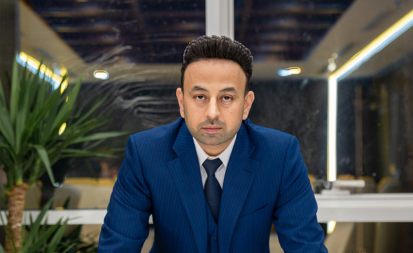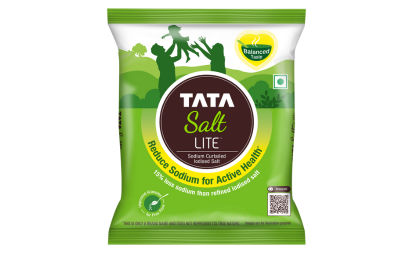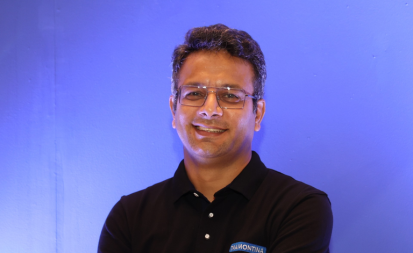How to tackle the challenge of access to pure drinking water for the hospitality sector
Authored article By Advait Kumar, Founder, Boon In today's world, access to pure drinking water has become a critical issue, especially within the hospitality sector. Maintaining a reliable supply of pure drinking water is a fundamental

Authored article By Advait Kumar, Founder, Boon
In today’s world, access to pure drinking water has become a critical issue, especially within the hospitality sector. Maintaining a reliable supply of pure drinking water is a fundamental service that directly impacts guest satisfaction and operational efficiency. Due to the concerns about health and the environment, hotels and resorts are challenged to offer guests good quality drinking water that is safe and has low ecological impact. This is even more challenging in countries such as India where access to water is fast becoming a major issue due to increasing demand for it. This challenge therefore requires the use of solutions that consider both the quality of water and the materials used in delivery of water.
Shifting from Plastic to Glass Water Bottles
Among all the changes that have emerged in the hospitality sector, the change of plastic water bottles to glass water bottles is notable. While convenient to use, plastic bottles lead to pollution, microplastic presence in the environment, and entail high expenses for hotels. This includes the costs of the bottles, and the environmental & health consequences of the use of plastic bottles.
Hotels are gradually shifting to the use of glass bottles as being more environmentally friendly. Glass helps to prevent the water from getting infiltrated by contaminants. Glass bottles are reusable, and they can be recycled for several cycles, making it a sustainable choice. In a hotel property with over 100 rooms, where each room uses 5–6 bottles daily, such a shift implies the need for an in-house water purifying and bottling system. This demand has led to the entry of new water tech firms that provide innovative, sustainable solutions in the hospitality sector.
Ensuring the Highest Quality of Water
In the hospitality sector, the quality of water provided to guests is paramount. With increasing concerns about waterborne diseases and the presence of harmful chemicals, hotels must go beyond basic purification methods. To meet these demands, companies are developing advanced purification systems with multiple stages that can deliver not only pure but also alkaline water, which is believed to offer additional health benefits.
These purification systems typically include multiple filtration stages, UV treatment, and mineralization processes that enhance the taste and quality of the water. Investing in such high-quality purification systems, hotels can ensure that their guests receive the safest, healthiest water possible, enhancing their overall experience and trust in the brand.
Real-Time Water and Filter Health Tracking
Internet of Things (IoT) has become a key innovation in handling water supply in the hotel industry. IoT sensors allow monitoring water quality on the go, TDS, and the pH level, among other qualities. Such transparency makes it possible to address any compromise of the standard quality to eliminate any health risks to the guests.
Also, IoT technology can also enable filter health monitoring in real-time. Hotels can monitor the performance of the filters and detect leakage or any malfunctioning within the filter system. Such supervision is important to guarantee that the quality of water does not fluctuate, and that the purification mechanism is effectively working as needed.
Predictive Maintenance through AI
Predictive maintenance is a critical factor that relies on Artificial Intelligence (AI), to make water supply constant without interruptions. Using the data obtained from IoT sensors, AI systems can identify the early signs of potential filter or other components failure. This ensures that the hotel maintenance teams can prevent problems that may arise and cause a disruption in the supply of water, thus attaining zero downtime.
When combined AI with IoT, hotels can improve their approaches on water management systems to make the most out of these systems. This not only increases guest satisfaction but also supports the hotel’s sustainability goals by saving water and energy.
Conclusion
On this aspect of the hospitality industry, it is not a simple task to deliver pure drinking water for consumers since it involves not only water purity but also the use of sustainable material for packaging. Therefore, such changes as switching to glass bottles, using high-technology water purification systems, and smart IoT and AI for real-time control and predictive analysis will help hotels manage these challenges adequately. All these innovations not only guarantee the quality of water supplied to the guests but also help to promote sustainable practices and efficiency in the organization’s operations. With the increasing growth of the hospitality sector, the integration of these technologies will be crucial in catering for the growing need for safe and sustainable drinking water.
 English
English French
French German
German Italian
Italian




